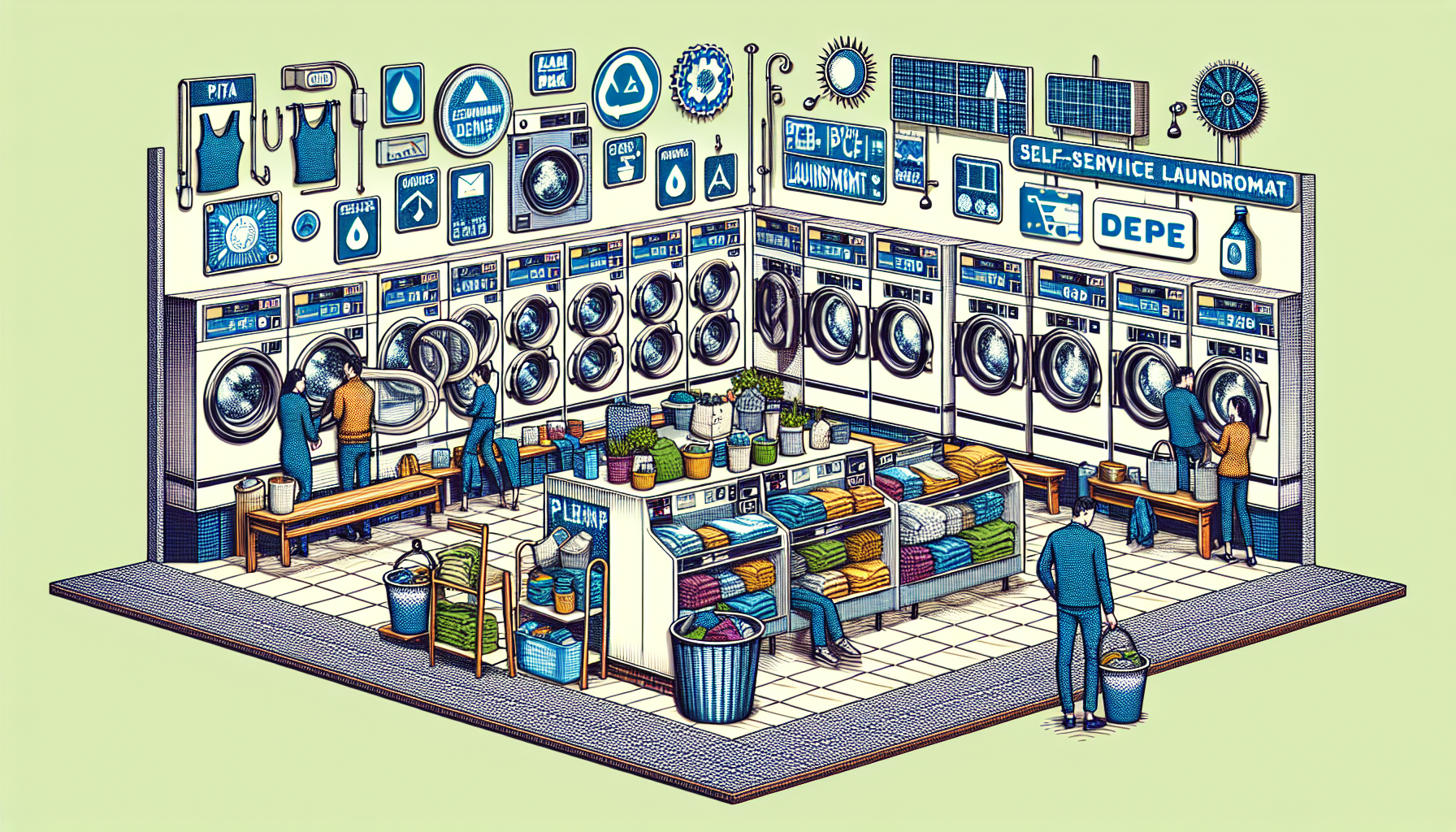With the ongoing rise in electricity and water prices, self-service laundromats are emerging as an economical and eco-friendly solution for families. According to Roberto Haboba Gleizer, owner of the Splash chain, these facilities not only offer a significant saving of up to 900 euros annually for a typical family but also contribute substantially to the reduction of resource consumption.
In the current context of climate change and increasing ecological awareness, changing domestic consumption habits like laundry management is crucial. “Self-service laundry machines can handle between 9 and 20 kilograms of textiles per cycle, using between 2 and 2.5 kWh per kilo of laundered and dried clothes, significantly less than the 6 kWh that a home washing machine with drying function can reach,” explains Haboba Gleizer.
These establishments allow for processing a larger volume of garments per washing cycle compared to home washers, translating into considerable savings in water and electricity in the medium term. Furthermore, the use of home washing machines, especially older models, tends to be less efficient in terms of load and water consumption.
Another point to highlight is the type of cleaning products used in these laundromats. Unlike common supermarket-bought detergents, which often contain petroleum derivatives, self-service laundries use automatic and controlled dosing of more sustainable and fabric-friendly products. This not only protects the environment but also extends the life of clothing and reduces the amount of waste generated.
“The new generation of customers, more aware of environmental impact, prefers to do a single laundry cycle weekly using biodegradable products,” Haboba Gleizer points out. This shift in habits supports sustainability and shows an evolution in consumer behavior towards more environmentally friendly options.
Furthermore, statistics from the Ellen MacArthur Foundation indicate that the usage frequency of garments before disposing of them has decreased by 36%, highlighting the importance of adopting washing practices that not only care for the environment but also prolong the life of the clothing.
In conclusion, self-service laundromats in Spain are paving the way towards sustainability. They offer not only a more economical alternative to the rising cost of domestic services but also a more conscious choice for the care of the planet and the prolongation of the life of garments.











